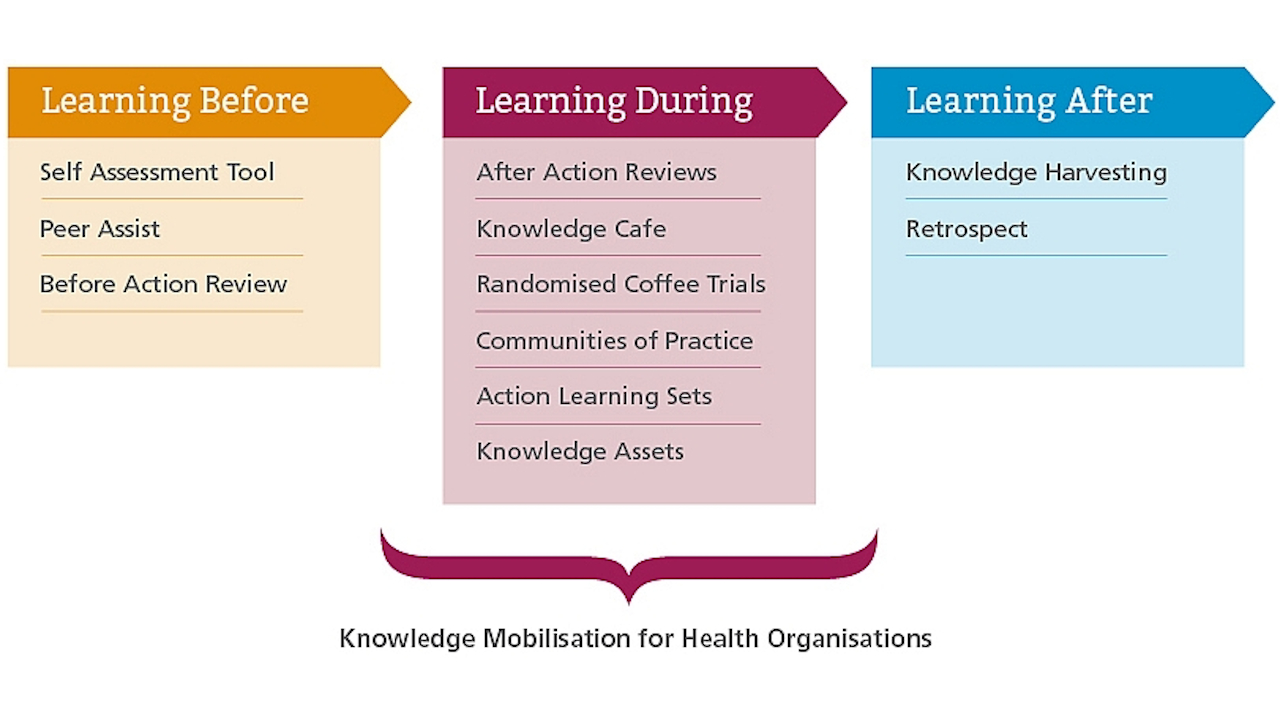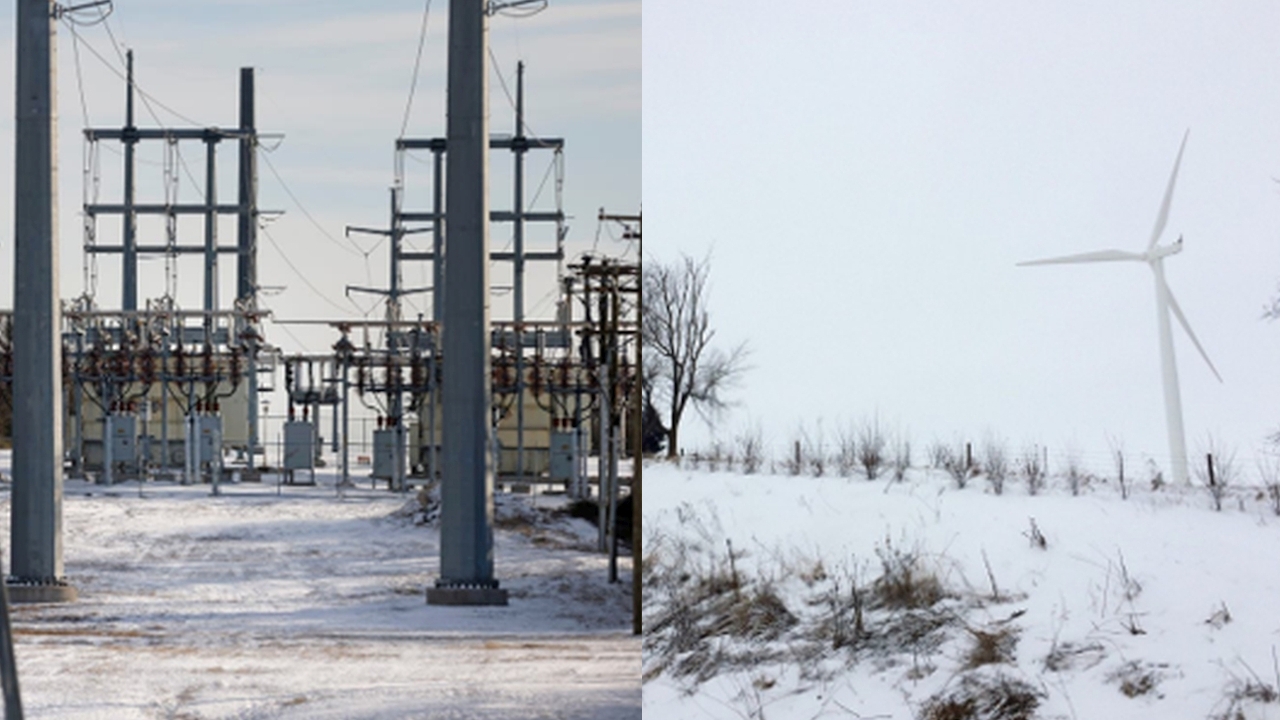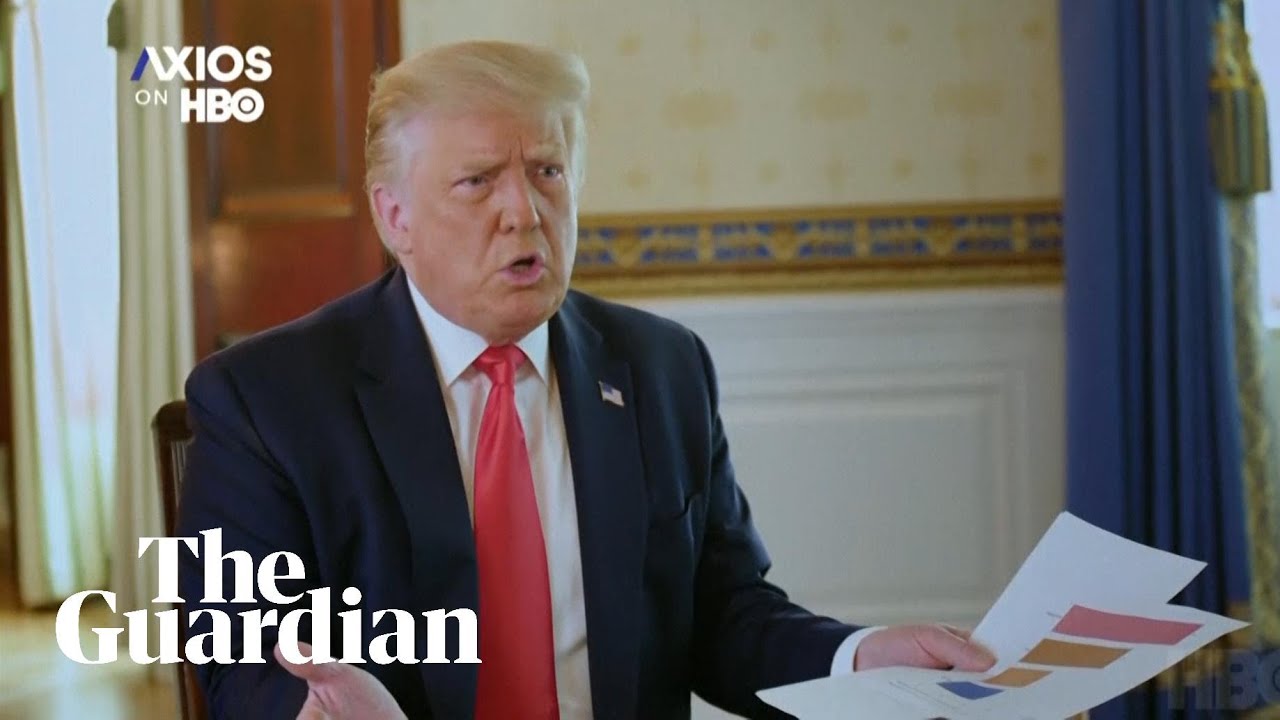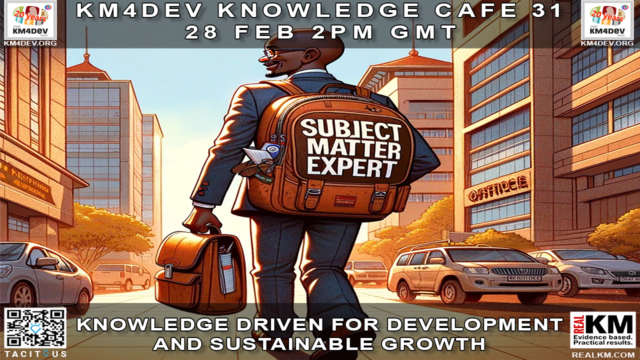
Critical discourse analysis for policy analysis: a new tool
In a segment on knowledge management (KM) in the time of COVID-19 in first KM4Dev 20th anniversary knowledge cafe on the 14th of May, Chris Zielinski alerts to the multiple narratives around COVID-19. His presentation begins at 2 minutes 35 seconds in the knowledge cafe video.
The three narratives mentioned by Chris – ‘storm in a tea-cup’, ‘house on fire’ and ‘turning back the tide’ – are documented in the recent paper Facing up to the uncertainties of COVID-191. Paper author Nick Chater advises that:
The human tendency to impose a single interpretation in ambiguous situations carries huge dangers in addressing COVID-19. We need to search actively for multiple interpretations, and governments need to choose policies that are robust if their preferred theory turns out to be wrong.
A new tool for critical discourse analysis
The different narratives around situations can be explored through narrative analysis / discourse analysis, which I’ve been using extensively in my work in the last few years. However, I’ve found discourse analysis quite difficult to use because the process of how to use it is never described very clearly.
For this reason, co-authors Leah de Haan and Anastasia Seferiadis and I have developed the tool How to use critical discourse analysis for policy analysis: a guideline for policymakers and other professionals2 which tries to describe the process more clearly so that it can be used by others.
In this tool, we try to make explicit the process of learning about critical discourse analysis which we went through and how to apply it in clear phases. We hope that the tool will make critical discourse analysis more accessible to others, and any comments / critiques of the tool are gratefully received.
What is the value of critical discourse analysis?
First, critical discourse analysis allows the analysis of policy documents by revealing their inner biases and claims in a systemic, structured way, revealing their hidden pre-occupations and how they reflect different discourses: dominant, marginal, oppositional or alternative.
Second, the methodology is also intrinsically activist because the final stage involves the identification of new discourses, narratives and arguments which can counteract ‘social wrongs’ in current, dominant discourse.
The application and value of the tool can be seen in the two papers in which we establish the path used in the tool. In the first paper, critical discourse analysis is employed to analyse discourses of knowledge and the knowledge society in the Sustainable Development Goals (SDGs)3.
In the second paper, critical discourse analysis is employed to examine discourses of the private sector within key texts of the Millennium Development Goals (MDGs) and the Sustainable Development Goals (SDGs)4. Four discourses were identified:
- The dominant, pro‐private sector discourse, showing unconditional support for the private sector.
- The sceptical discourse.
- The middle‐ground discourse with new approaches, specifically designed to leverage development relevance.
- The antiprivate sector discourse, which considers that current approaches to the private sector will not be conducive to sustainable development of the Global South.
The pro‐private sector discourse was identified as being predominant within the global goals. Importantly, however, all discourses on the private sector were found to place an emphasis on economic and social development at the expense of the key environmental component of sustainable development.
References:
- Chater, N. (2020). Facing up to the uncertainties of COVID-19. Nature Human Behaviour, 4(5), 439-439. ↩
- Cummings, S., De Haan, L., & Seferiadis, A. A. (2020). How to use critical discourse analysis for policy analysis: a guideline for policymakers and other professionals. Knowledge Management for Development Journal. ↩
- Cummings, S., Regeer, B., de Haan, L., Zweekhorst, M., & Bunders, J. (2018). Critical discourse analysis of perspectives on knowledge and the knowledge society within the Sustainable Development Goals. Development Policy Review, 36(6), 727-742. ↩
- Cummings, S., Seferiadis, A. A., & de Haan, L. (2019). Getting down to business? Critical discourse analysis of perspectives on the private sector in sustainable development. Sustainable Development. ↩






